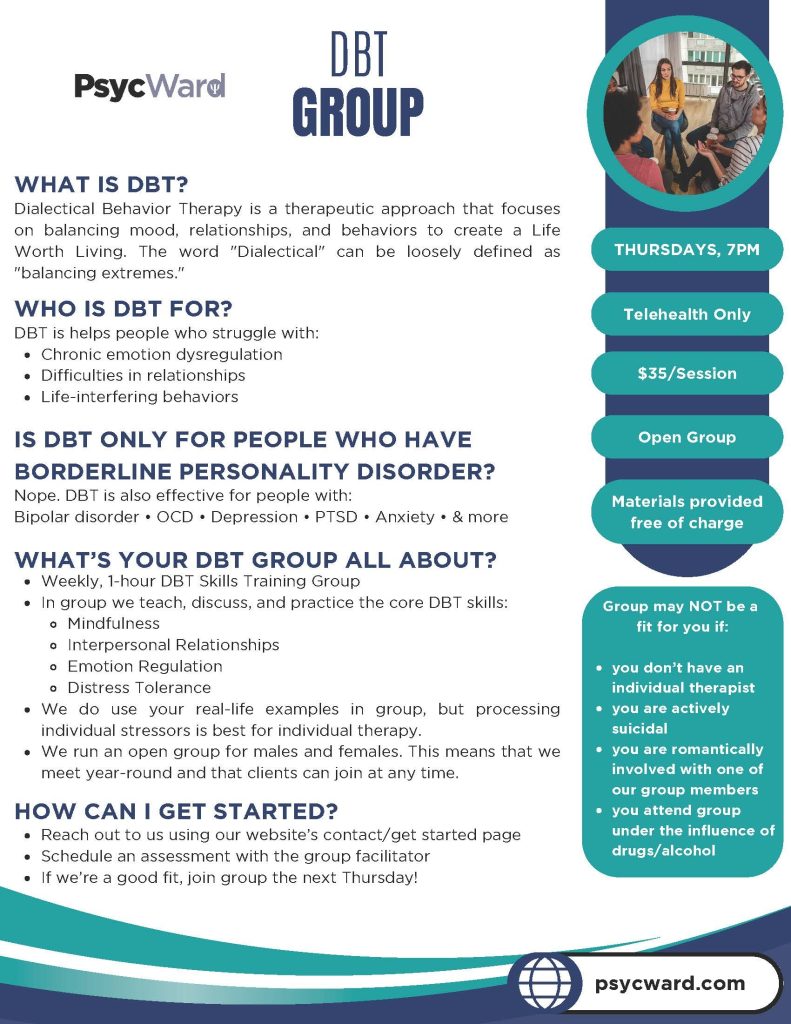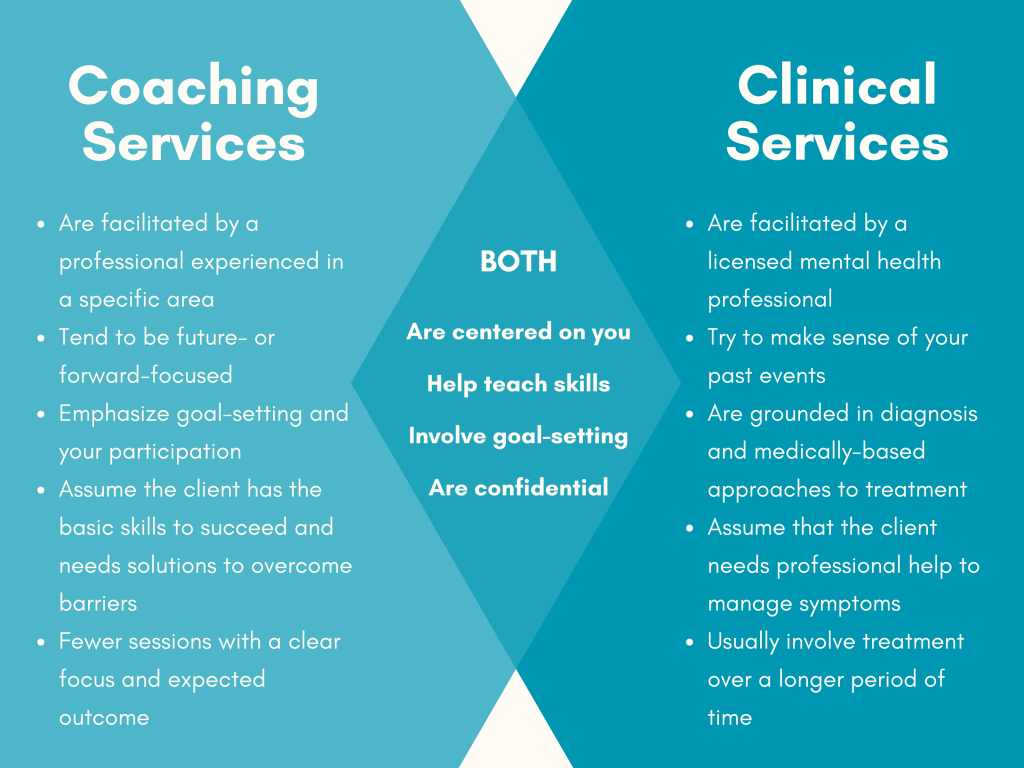10 Ways To Survive a Crisis
By Dr. Eric Ward
If you’re not currently in the middle of a mental health crisis, you probably will be soon. I know – harsh, right? The numbers are astounding – research tells us that 50% or more of Americans will experience a psychiatric crisis at some point in their lives. Successfully making it through a crisis can be boiled down to one simple concept: resilience.
Best defined as “the ability act like a rubber ball and bounce back” after a troubling or traumatic experience, resilience has proven to be the #1 factor affecting how quickly and effectively people move through a crisis period.
Fortunately, resilience is one of those things that can be developed. Below are 10 ways to improve your own resilience and achieve better mental health.
1. Find a purpose. Your purpose should be as unique as you are; it might be spiritual, involvement in your community, or teaching. It can also change! Ask the people who know you best what you’re good at and how you’ve already impacted others.
2. Build belief in your abilities. The reality is, you’ve probably already made it through some tough experiences. Focusing on your positive abilities builds resilience for future difficulties.
3. Have a “village.” People in whom you can confide, people who will listen, people who will tell you when you’re wrong. Surround yourself with people who matter.
4. Get flexible. Change happens; the more you decide to embrace it and the constantly new directions your life will go, the faster you’ll become resilient.
5. Only drink from glasses that are half full. Optimism is one of the best predictors of physical longevity and mental health. One of the fastest ways to become more optimistic is to become friends with an optimist.
6. Be all about you. We’ve all done it – neglecting our own needs when we’re stressed. Maintaining proper nutrition, getting some exercise, and getting enough sleep are some of the best ways to nurture yourself through a crisis. You’ll need those “reserves” in your bank if you’re going to become more resilient.
7. Learn how to solve problems. Practicing your problem-solving skills on a regular basis (even with things as simple as puzzles) will help develop resilience.
8. Make goals. While true in all of life, this is particularly crucial in crisis management. Take a step back, review your options, set small goals, and celebrate when you meet one of them. Start with one small thing you can accomplish today.
9. Do… SOMETHING! One of the most prominent factors in non-resilient people is a tendency to do nothing and wait for problems to disappear. Resilient people take forward steps, even if they end up being the wrong ones.
10. Ask for help. Don’t be the guy who won’t stop and ask for directions. Chances are, someone you know has experienced something like your current crisis. Resilient people seek out advice and support from others.








